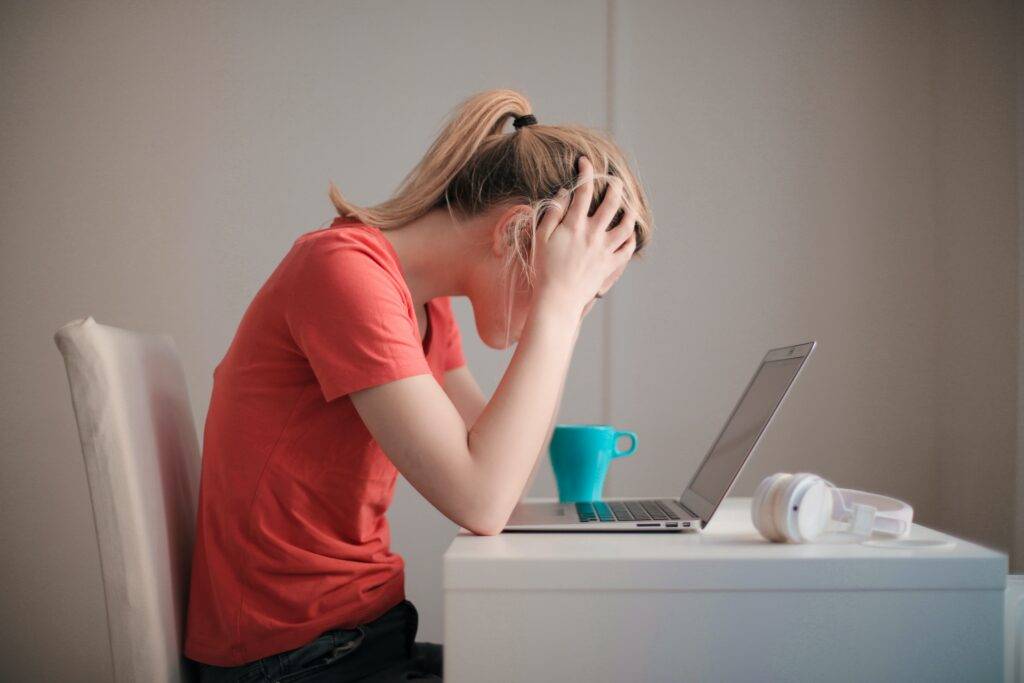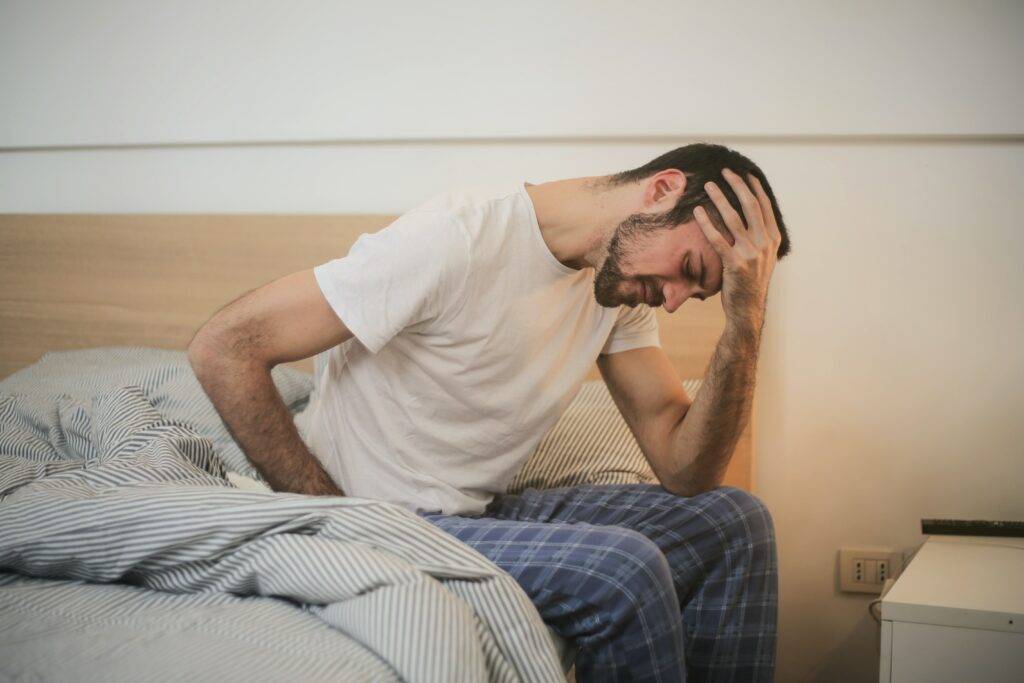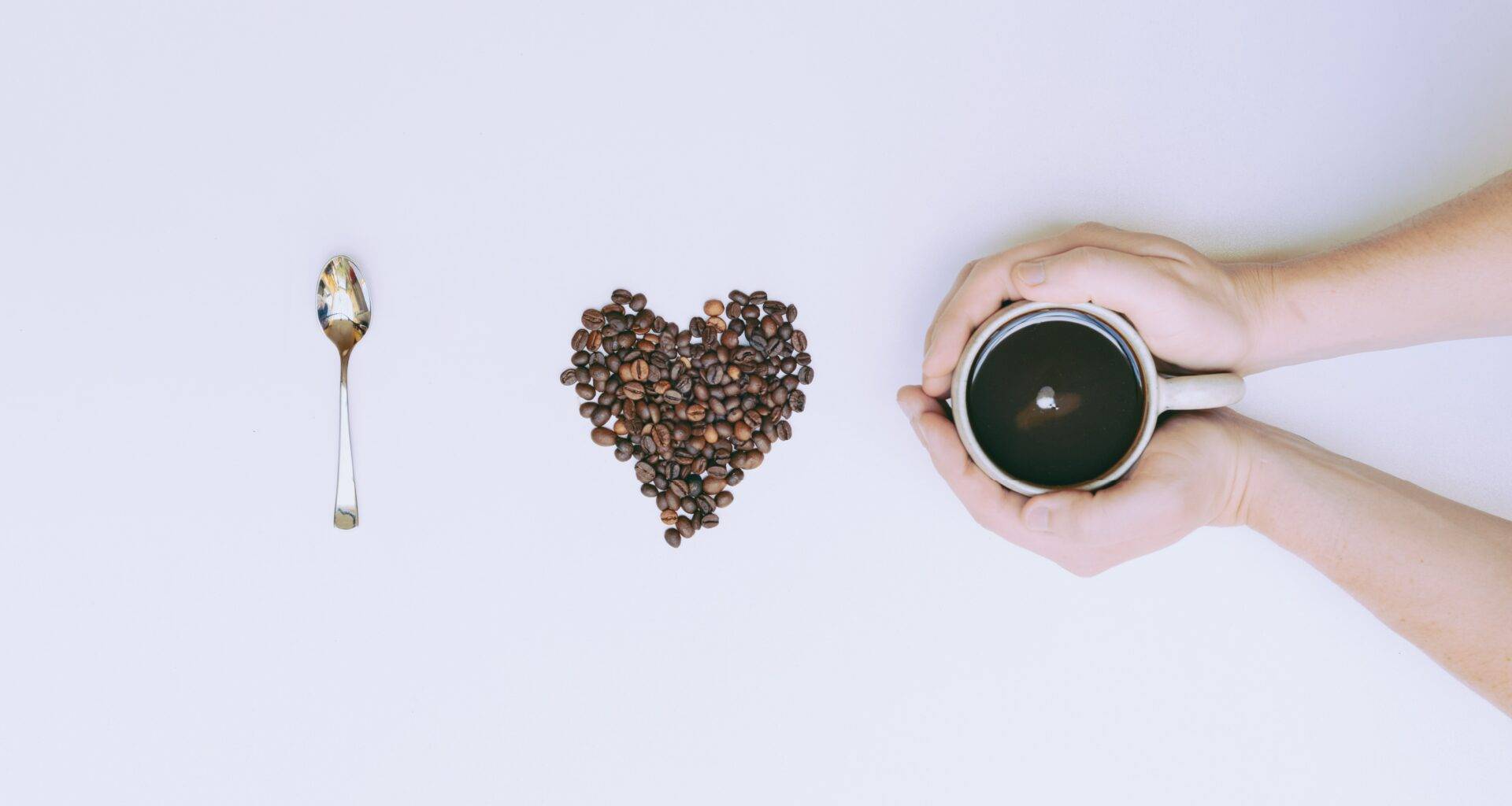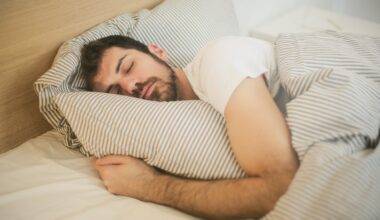Do you know any signs of the “11 Signs Of Drinking Coffee Too Much To Be Addicted”?
How long can you go without a shot of caffeine? Can you wake up in the morning without a cup of coffee or go through the day without a soda or an energy drink? The struggle is real when it comes to caffeine addiction. Although it is a widely used legal stimulant, it does not immunize you from the health risks and uncomfortable symptoms associated with addiction. Below are some signs to look out for if you think you might be addicted to caffeine. If you are still unsure, do not hesitate to ask your doctor for advice. The more you know, the better off you are.
A nagging headache
If you’ve ever left the house without your morning cup of coffee and found yourself at work two hours later with a throbbing headache, it could be a sign of caffeine addiction. In fact, a study from the Johns Hopkins University School of Medicine via CBS News found that just over 50 percent of regular coffee drinkers reported moderate to severe headaches after skipping it for just one day.
“Many people’s headaches are related to caffeine consumption, usually in the form of coffee, tea, soda, chocolate, and drugs,” explains Dr. Ray Sahelian, author of Mind Boosters and The Stevia Cookbook, on his website. “Caffeine has a very similar structure to another chemical in our body called adenosine. One of the tasks of adenosine is to widen the blood vessels in the head. Caffeine blocks this dilation. When caffeine is withdrawn, your body is hypersensitive to adenosine, and blood vessels dilate, causing a throbbing headache. “
Your heart is racing
If you literally feel your heart pounding after drinking your coffee could be harmful. According to the University of Iowa Heart and Vascular Center, caffeine is a common substance associated with heart palpitations. “Some people are sensitive to any amount of stimulant, but we started to see more caffeine-related palpitations as espresso drinks.
You’re anxious
Do you feel a little nervous or nervous? Your morning coffee could be to blame. Some people are very sensitive to caffeine and experience restlessness, irritability, and anxiety even after a cup of caffeinated coffee Some people are even afraid of decaffeinated coffee, either because of the residual caffeine or because of the theobromine.
If you feel nervous after that second cup, try lowering the dose to see what happens. During this time, pay attention to the other things you eat throughout the day. That afternoon soda could make you shake without even realizing it.

You’re grumpy
Some people joke that they are unable to work for their morning coffee. But if you feel like you’re going from a killer to a working human after a cup of coffee, this could be a red flag. Caffeine is a stimulant that affects the central nervous system. It boosts your metabolism and energy, which explains why you usually feel so much better after drinking.
“It stimulates dopamine receptors in our brains, somewhat like cocaine and other certain drugs, but not to the same extent,” said Dana Hunnes, Ph.D., MPH, R.D., senior dietician at UCLA Medical Center. , in an interview. This feeling can be addictive. So if you’re in a bad mood when you pop it, Hunnes says it’s likely a sign that your body is relying on the stimulant to make you feel good.
You can’t sleep
There is a reason people drink coffee when they are tired. Caffeine pumps your body’s adrenaline, which can make you feel more alert and awake. “Caffeine does more than just open your eyes,” explains Dr. Sahel out.
“When consumed a few hours before bedtime, the world’s most widely used psychoactive drug appears to disrupt the body’s internal clock. And this can cause jet lag-like slowness during the day.”
Muscle problems
You know that painful feeling you get when you catch the flu? Similar types of muscle aches, cramps, and stiffness can occur when you’ve become addicted to caffeine and are trying to quit. Normal activities that you take for granted, such as walking and light exercise, can be tiring and stressful during caffeine withdrawal.

your mood swings
Since caffeine is a legal substance found in readily available drinks, it can be easy to forget that caffeine is still a stimulant and addictive. As such, it can greatly affect your mood. In addition to depression, people who depend on their daily intake suffer enormously if they don’t get their solution, so to speak.
If you are addicted, you will find that over time you need more and more caffeine to stay stable. As your body gets used to caffeine, consuming the normal amount no longer has the same effect, so you experience more and more drops in mood. It’s a cycle that’s proving hard to break.
Inability to concentrate
If you’ve recently quit drinking coffee and feel like your brain isn’t working like it used to, you might be addicted to caffeine. Because you’re used to relying on daily doses of the substance to stay alert and focused at work and play, you may find that quitting smoking all at once leaves you in a haze you never expected. you’re not used to.
You’re starving
Some people use caffeine to curb their appetite, but drinking too much can have the opposite effect, says Dr. Barry Sears, a leading authority on anti-inflammatory nutrition and president of the Inflammation Research Foundation. “The breakdown products of caffeine stimulate the release of insulin which will lower blood sugar,” he explains. This can make you hungry.

You feel like you need it
If the thought of skipping your morning latte gives you a mild panic attack, your body may already be craving it. Dr. Jo Lichten, Ph.D., nutritionist, and author, suggests trying to gradually calm down. . “For many people, it’s best to taper off slowly because abrupt withdrawal can lead to fatigue and headaches,” she said.
Lethargic much
One of the telltale signs of caffeine addiction is the unrelenting lethargy you feel when you give it up. Being slow to get to work, canceling plans with friends and family due to fatigue, and not feeling motivated to participate in your usual activities are all signs of withdrawal. If you miss that morning cup of java and are tired and low on energy, you might be addicted to caffeine.
With many habitual coffee drinkers using caffeine as an aid to start the day or as an afternoon refresher, it’s no surprise that their energy levels drop dramatically when they don’t get this regular supply. For many, giving up caffeine can mean losing the psychological energy that drinking coffee provides.
If you desire to get any product that makes your life easier you can check this link:
Never steal a man’s coffee.
Anthony T. Hincks







